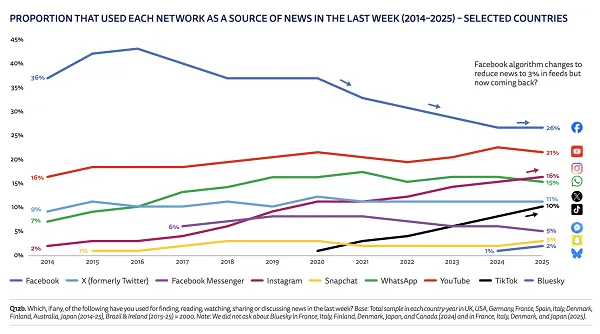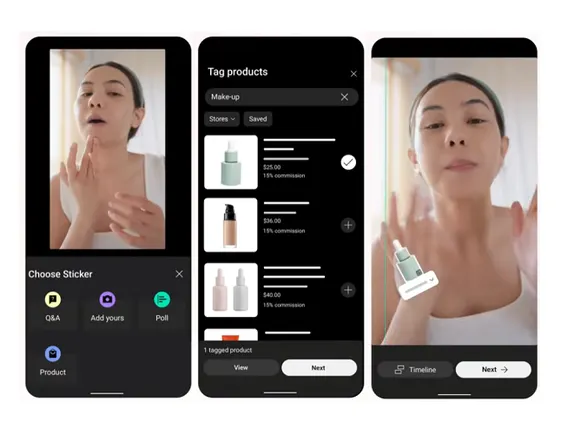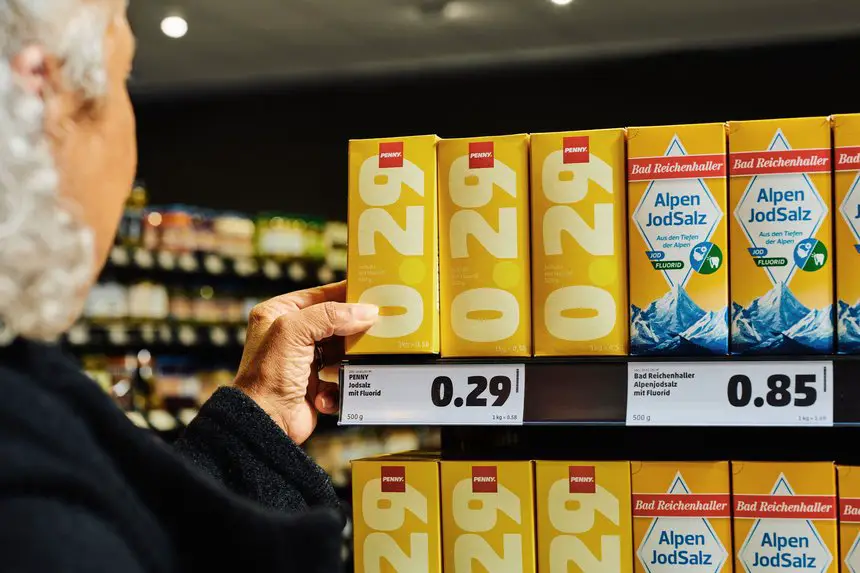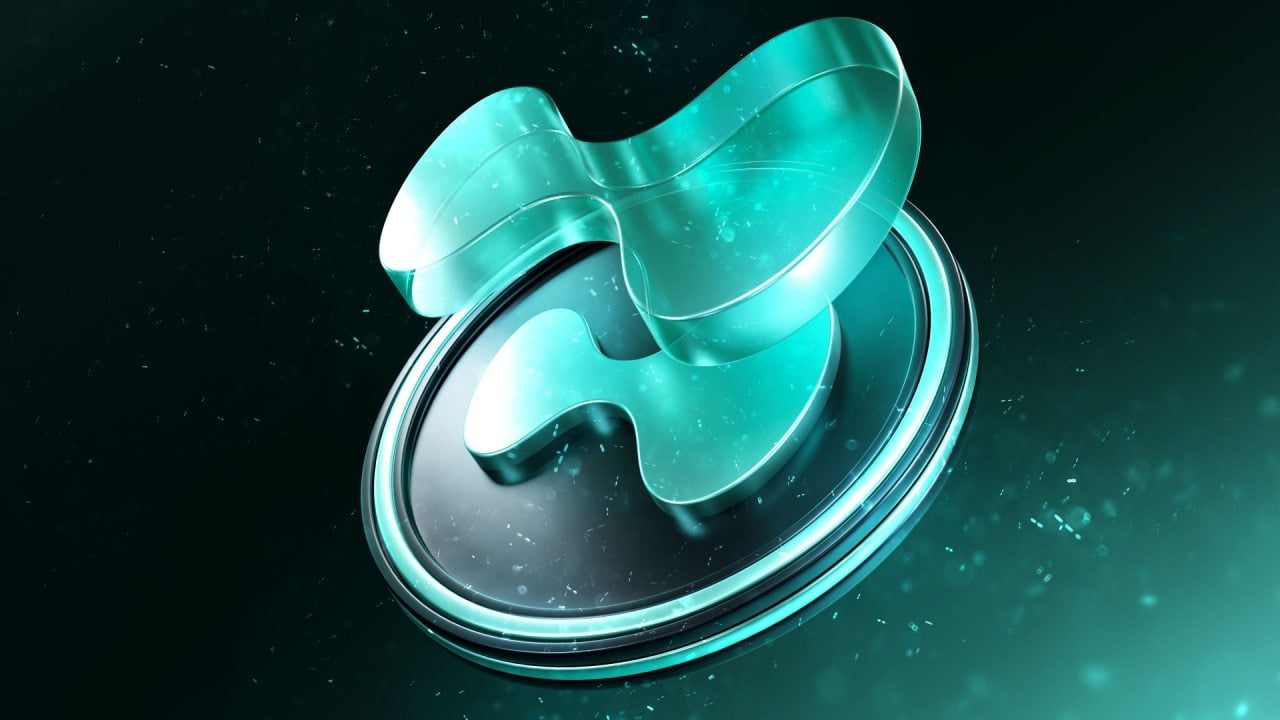Personal care D2C brand Nat Habit enters quick commerce fray; tests targeted rollout
The D2C beauty brand aims to reach 6,000 general trade stores and expand the quick commerce footprint to cover 60% of its customer base by end-2025.


Nat Habit, a direct-to-consumer (D2C) brand known for its natural beauty and personal care products, has formally entered the omnichannel retail space.
The company announced its products are now available in over 1,000 general trade stores across Delhi-NCR and on leading quick commerce platforms like Blinkit and Instamart. The dual expansion move is part of a larger strategy to strengthen distribution and reach underserved markets.
The company plans to scale its offline footprint to 6,000 stores by the end of the year, targeting Tier I, II, and III cities. In tandem, it is expanding its quick commerce presence across India’s top eight cities, aiming to cover 60% of its customer base through this channel.
Swagatika Das, Founder and CEO of Nat Habit, told YourStory, “Offline and q-commerce are now expected to contribute 15% of our overall revenue when we touch Rs 300 crore—a clear signal that this is not an experiment, but a strategic growth driver.”
Instead of blanket distribution, Nat Habit is pursuing a targeted rollout with limited SKUs. “We will go ahead with only a limited number of categories, not dump inventory anywhere, focus on off-takes, focus on key selling categories,” Das said. The rollout began in Delhi and will extend into Tier I, II, and III cities, and even Tier IV and V towns.
To maintain control and reduce risk, the company is also working only with cash-based distributors, defying long-standing credit norms in India’s general trade ecosystem.
“There will be no credit system. That is very, very differentiated in how other BPC brands operate,” she said. “POs are generated for a three-day period, for a seven-day period … so the kind of investment [distributors] are having to put in is also less.”
Distributors have accepted the terms, Das said, because of Nat Habit's commitment to demand generation and fast inventory turnover. “We make our own inventory … and we are sitting at any point of time only with one to two-day inventory, unlike other brands which sit on a year’s worth of inventory.”
While many brands have rushed to ride the quick commerce wave, Nat Habit is taking a more deliberate approach. Personal care, Das notes, doesn’t behave like snacks or beverages in fast-delivery ecosystems.
The shift to omnichannel retail stems from consumer demand. According to Nat Habit, two out of 10 customers in newly onboarded stores were already asking for the brand by name. Meanwhile, increasing consumer adoption of quick commerce—driven by the need for speed and convenience—makes it a strategic fit for Nat Habit’s product proposition.
To support its growth, the company has rolled out a proprietary Just-in-Time (JIT) supply chain system, specifically designed for perishable beauty products. The tech-enabled system facilitates real-time order intake and frequent restocking, ensuring freshness across both offline Nat Habit’s retail strategy is underpinned by its rare vertical integration in the personal care space. “We manufacture our own products. So it is completely vertically integrated—we own the R&D, the manufacturing, and then we dispatch it out to warehouses,” Das said.
The company’s products are formulated from scratch using Indian herbs and flowers, many of which are not widely researched or used in modern skincare formulations.
“Imagine doing this across 300 to 400 herbs and flowers and fruits … which have not been researched upon globally,” she said. “We are building a hair serum where we are trying to beat minoxidil … because we understand what is inside every herb.”
Unlike conventional Ayurvedic brands that rely on generic formulations, Nat Habit’s R&D team studies the actives in each ingredient, determines the right concentrations, and designs delivery formats tailored to skin and hair absorption.
Even ingredients that sound familiar—like amla or hibiscus—are used in novel ways. “People have never used hibiscus in regular skincare,” she said. “Even something like amla… you might think people must have researched it. Even that has not been incorporated into personal care properly.”
New launches in sunscreen and serum categories are expected this year, completing its core personal care portfolio.
“Our bet is that fresh, natural products don’t need to be niche,” Das said. “With the right tech and discipline, they can scale nationally, without compromising what makes them special.”
Founded in 2019, Nat Habit focuses on Ayurvedic personal care, supported by an in-house R&D and tech-led manufacturing setup. The company raised $10.2 million in Series B funding led by Bertelsmann India Investments, with participation from Fireside Ventures, Peak XV Partners, Amazon India Fund, and others.
Edited by Kanishk Singh





































































































































































































